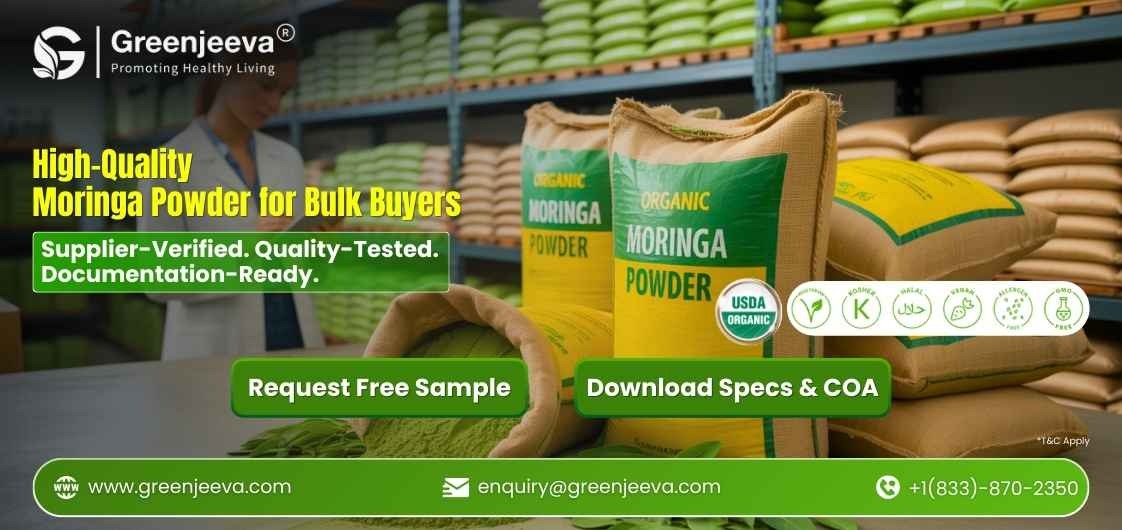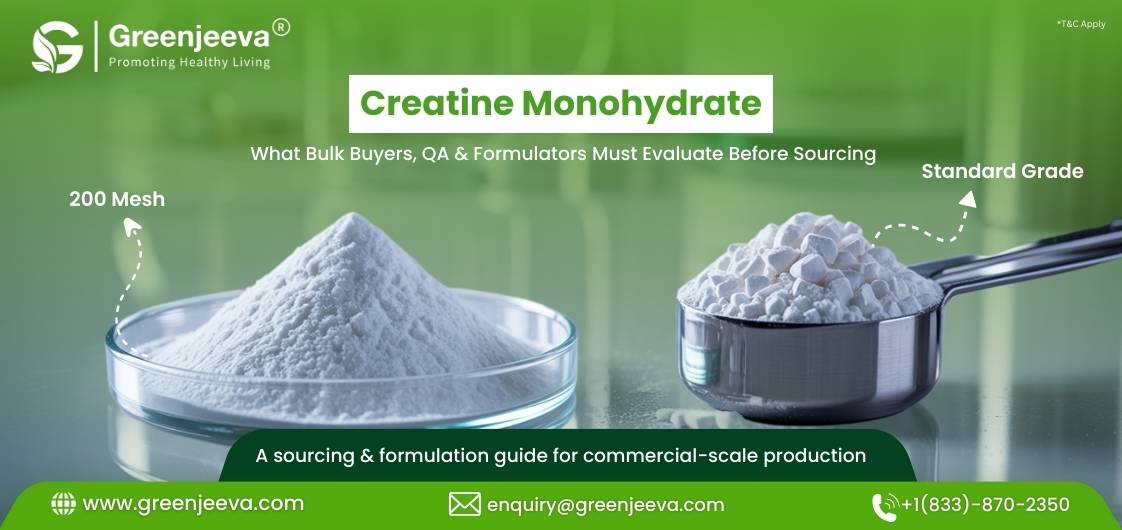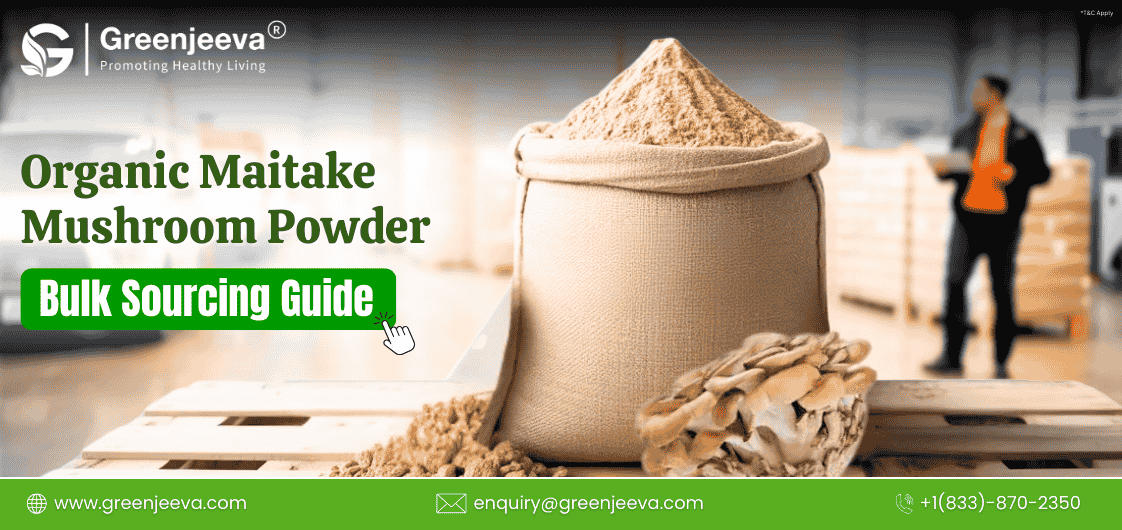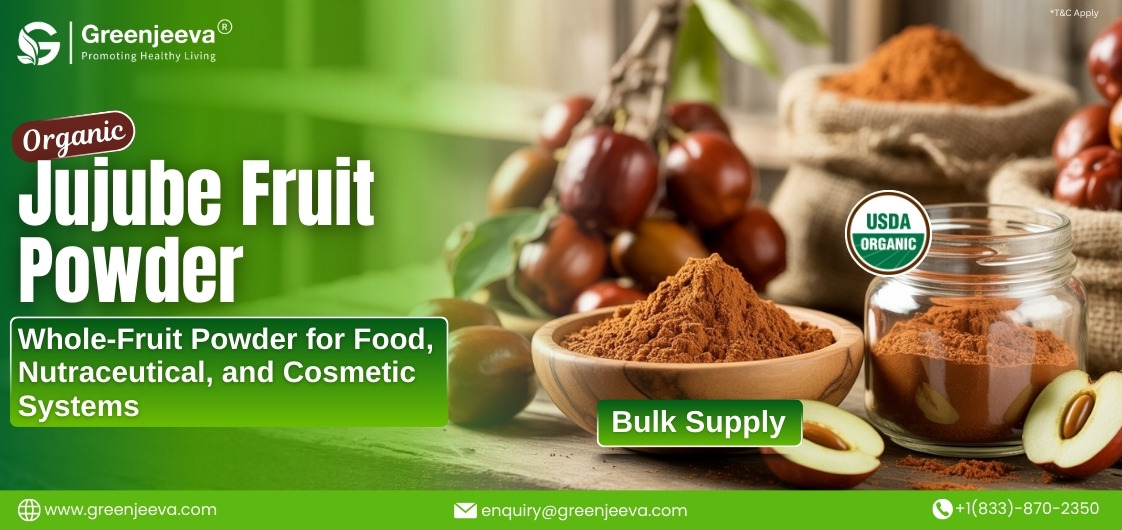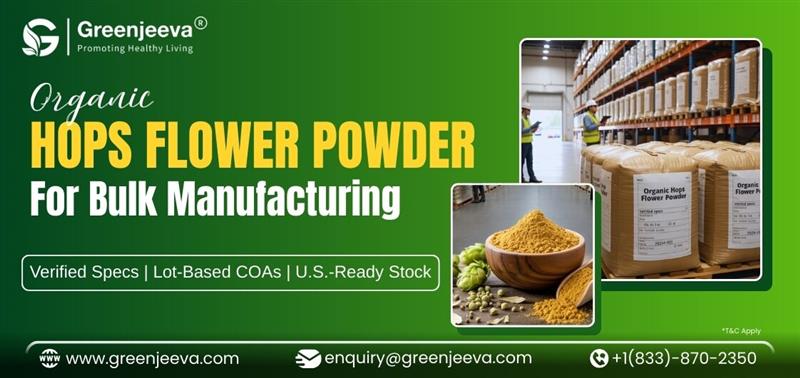You Couldn’t Know Coriander Seeds This Better; Check Out Here!

A Brief Overview About Coriander
Belonging to the parsley family, coriander is a very well-known flowering plant. It is known as ‘Cilantro’ in Spanish and is popular as Chinese Parsley. Native to southern Europe and the Middle East, coriander is also grown in other parts of the world including Africa, the USA, and Asia.
So, what does coriander taste like? Coriander carries a floral aroma and lemony taste. The leaves and the ripened seeds of the plant vary in taste. While to some people, fresh coriander tastes pungent, to others it tastes soapy.
Coriander plant grows well in tropical and subtropical countries. It features a hollow, slender 1 to 2.5 inches long stem with tiny flowers and bipinnate leaves. The seeds are yellowish brown in color and emit a subtle fragrance, which resemble to that of an amalgamation of sage and lemon peel.
Coriander is a favorite household spice across the globe. This versatile kitchen ingredient goes amazingly well with all cuisines. In addition to food and beverages, coriander is also used in the preparation of various cosmetic products, medicines, and supplements.
Let’s dive into the below discussion and check out the nutrition content, industrial uses, and other surprising hidden facts about coriander.
Nutrition Profile of Coriander Seeds
Coriander leaves are packed with essential nutrients including iron, calcium, manganese, magnesium, and fiber. They also contain other nutrients like Selenium. Copper, Zinc, Thiamin, Riboflavin, Niacin, and Pantothenic acid in small quantities. Coriander is also considered to be an excellent source of antioxidants.
A 100-gram serving of raw coriander contains the following nutrients:
- Fiber: 2.8
- Protein: 2.13
- Carbohydrates: 3.67
- Iron: 1.77
- Calcium: 67
- Magnesium: 26
- Sodium: 46
- Potassium: 521
- Phosphorus: 48
- Vitamin C: 27
- Vitamin A: 337
- Vitamin K: 310
Surprising Lesser-Known Facts About Coriander
- Coriander bears flowers and fruits.
- Having its origin in the 1550 BC, coriander is one of the oldest known herbs.
- The very term ‘coriander’ translates to ‘Koris’ in Greek, which means stinky bug.
- Coriander is one of the most popular and widely used herb.
- Coriander mericarps was discovered in the tomb of Tutankhamen.
- All parts of the coriander plant are edible.
- Fresh raw leaves of coriander are more nutritious than coriander seeds.
Top Industrial Uses of Coriander
- Coriander is used in the preparation of certain medicines, thanks to its rich nutrient content.
- In the cosmetics industry, coriander is used as a key ingredient in the manufacture of soaps, mouthwashes, and shampoos to add fragrance.
- Coriander is used as a garnish in many Italian and Mediterranean dishes including pastas and risotto. Coriander powder and paste are used extensively in Indian, Mexican, Middle Eastern, Scandinavian, African, and Chinese cuisine. Coriander is also used to add flavour in certain Belgian beers.
- Coriander essential oil is used in aromatherapy and for flavouring various food and beverages.
Where to Buy Coriander Powder From?
The industrial uses of coriander are limitless. From food and beverages to cosmetics, coriander has taken up its space in almost all industries. If you are looking forward to ordering organic coriander powder in bulk quantities, visit greenjeeva.com today and place your order at the most competitive rates!
Know more product- Chia Seed , Whole ,
Disclaimer:
The above statements are not intended to cure any disease or comply with any health benefits. This is solely for information purposes. Please consult your doctor/health practitioner before consumption of the product. Although we take efforts to keep our website informative, we do not guarantee any medical benefits.


